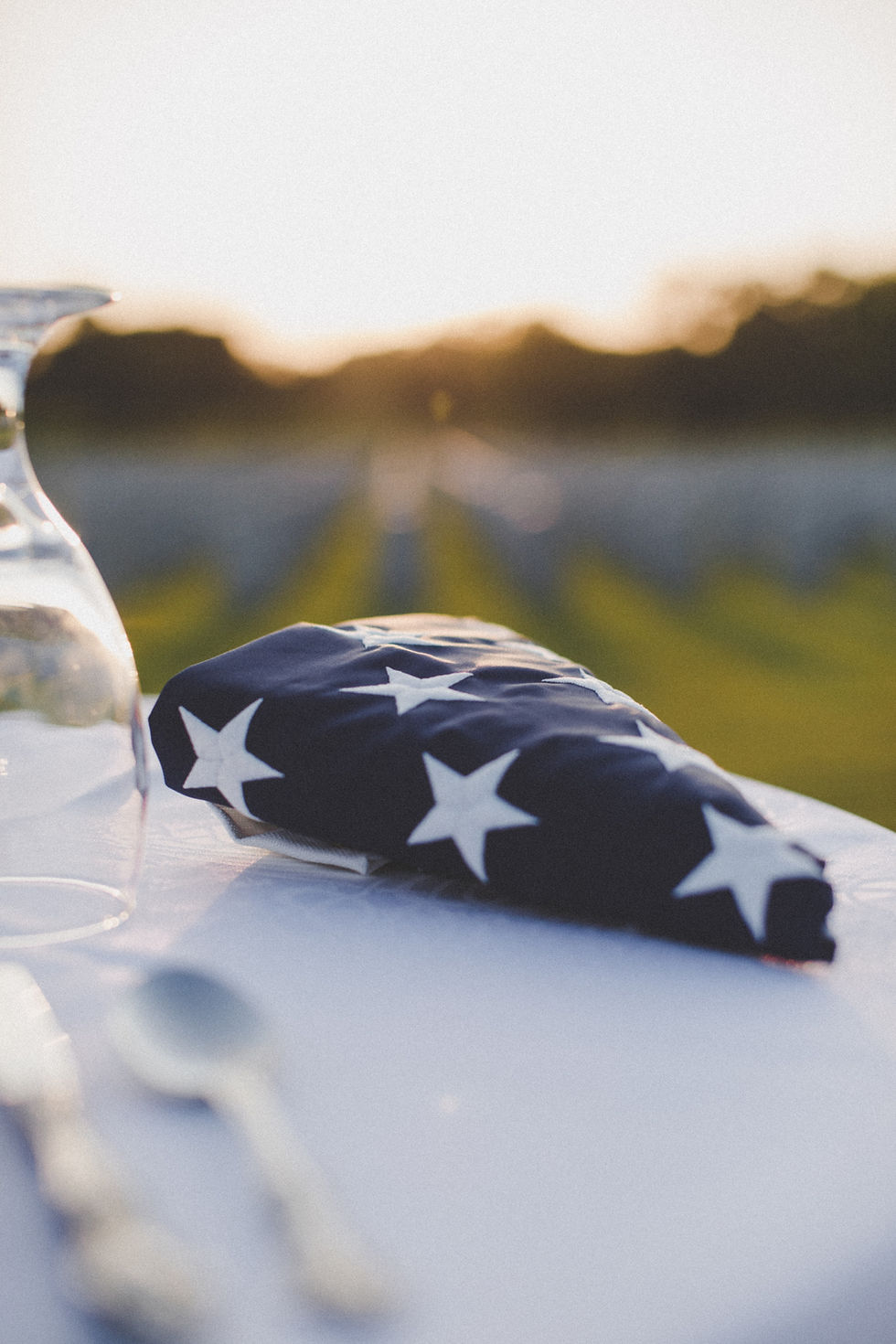Warning: This post discusses veteran suicide.
Before this blog post continues, if you are having thoughts of harming yourself (or know someone who is), please know there are people out there who want to help. If you are veteran, there are fellow veterans who have gone through what you are going through and can help.
Please call (800) 273-8255. You can choose to speak with a veteran, if you wish.
Other resources include:
https://nvf.org/ (you can also call them at 888-777-4443)
It's no secret that veterans take their own lives at a rate higher than other Americans. You may have heard that 22 veterans per day commit suicide. VA's own report has identified that in 2017, for example, veterans accounted for 13.5% of all suicides, but constituted only 7.9% of the U.S. population.
The conditions which lead to suicide vary, but very often suicidal thoughts are preceded by psychiatric diagnoses like depression, anxiety, PTSD, or others. When a veteran is diagnosed with a psychiatric condition, very often they will seek treatment at a VA medical facility. In more than one case, VA has failed to provide proper treatment. In some of those cases, the failure to provide treatment has contributed to the veteran taking their own life.
One case happened recently at the Memphis VA Medical Center. Many of the details have been kept private, but here is what we do know. The veteran had been previously diagnosed with Post-Traumatic Stress Disorder (PTSD), had run out of their medications, and was suffering from insomnia. They went to the Emergency Department at the Memphis VAMC. The doctor there discharged them without medications and with instructions to go to their outpatient clinic, though they had also previously been treated at a private facility.
The veteran went to the outpatient clinic, accompanied by a family member, and was told that the soonest appointment (which they would need in order to get their meds refilled) was an entire month away. The clinic only refilled the anti-depressant's, and those only for 10 days. They did not refill the medications that prevents the nightmares and insomnia from which he was now suffering. No effort was made to attempt to get the veteran private care outside the VA.
The next day the veteran died by a self-inflicted gunshot wound.
The Inspector General's report released recently said that the veteran received inadequate care because of an unclear referral process. The report also found fault with deficiencies in coordination between VA and private providers, and a poor response from VA leaders.

No one should be subject to this. But many veterans have personal experience with delays in VA care, lack of coordination between VA and private care providers, and poor response from VA leadership to their complaints.
Though it is always difficult to predict precisely when any particular person may take their own life, this likely could have been prevented had the veteran gotten the medications he needed promptly.
Other information:


Comments